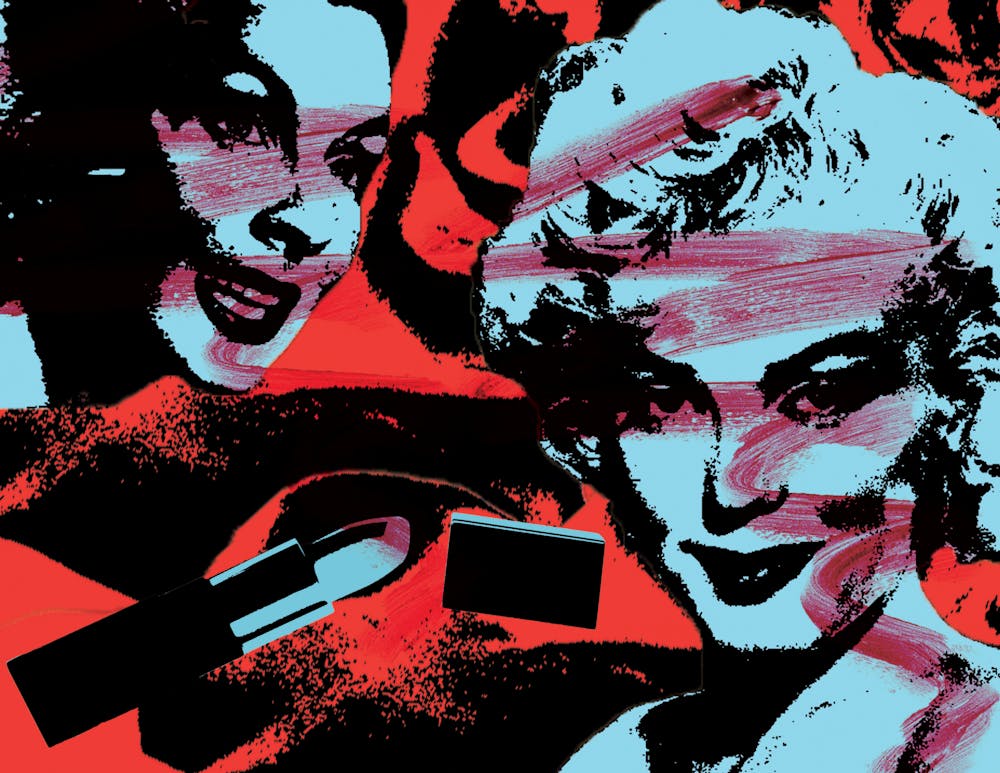Nothing screams confidence like lipstick.
Think about it. Marilyn Monroe pouting a red lip in that white dress: iconic. Kylie Jenner racking up millions of likes and dollars with her Lip Kits: so slay. Me, last Saturday loitering in frat court in my NYX lipstick I got from Target: almost too confident. But that’s the point, confidence.
Consumer confidence, to be exact.
I will explain how your confidence affects economic growth and what lipstick has to do with it.
A large part of economic performance is dictated by how people feel. First, economic growth is measured by gross domestic product or GDP. This indicator measures the aggregates of net exports, investments, government spending and, most importantly for this article, consumer spending. When spending goes up, so does GDP.
Here's an example:
When you’re confident, you are more likely to spend a check and push paper at Tar Heel Station. When you push said P, Tar Heel Station will have more money to invest. Thus, heating up the market.
On the flip side, if you are worried about the future, you’re less likely to spend a check. If everyone is worried, then no one spends a check! On the aggregate level, if no one spends money, no one makes money either. Thus, the market suffers.
It’s all about how you feel. Consumer spending can be measured with the University of Michigan’s Consumer Sentiment Index.



